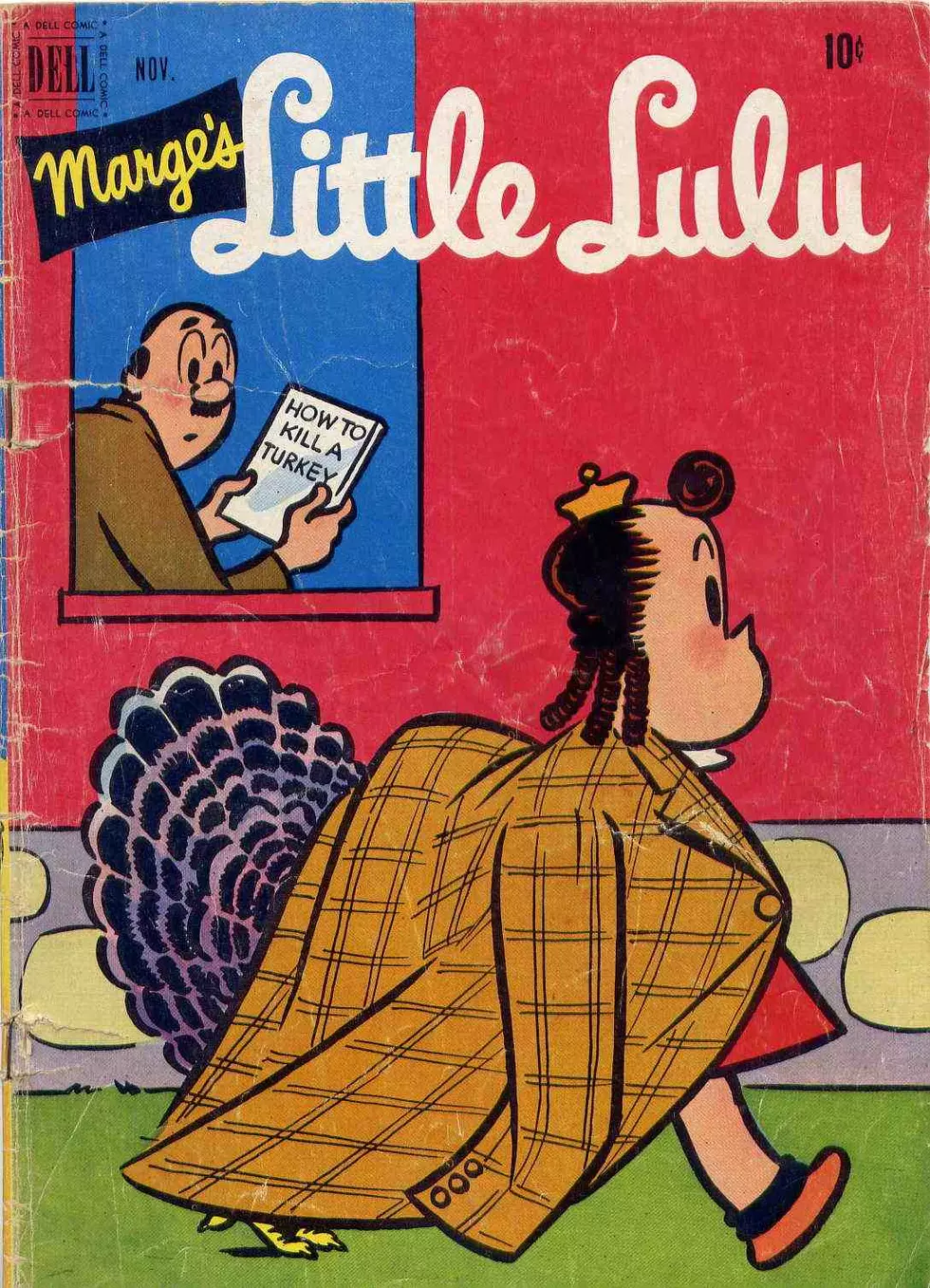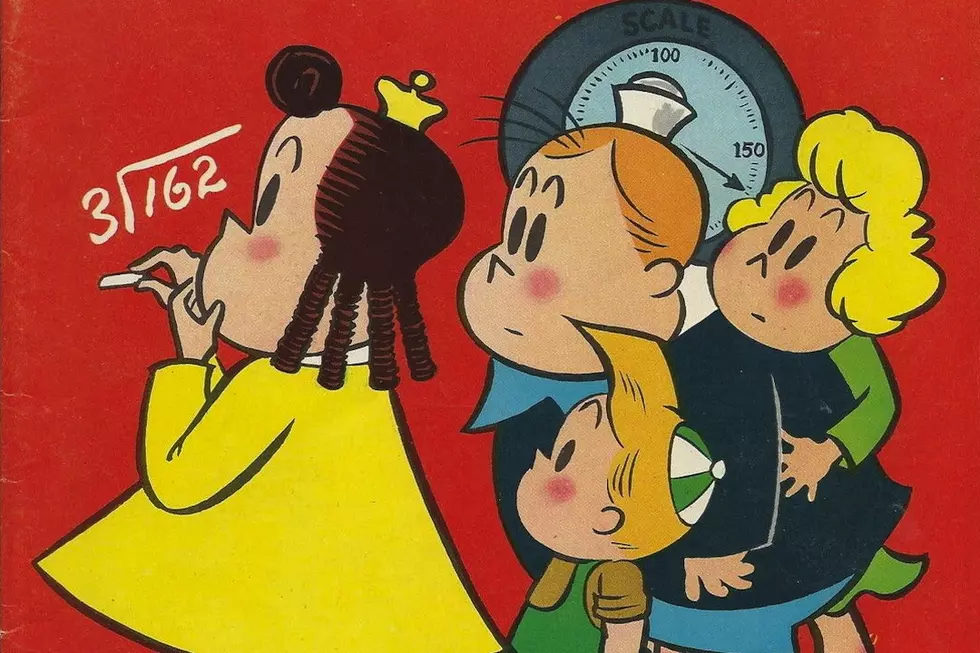
Putting the ‘Comic’ in ‘Comic Book': A Tribute to John Stanley
While the word “comic” is right there in the name, the medium of comic books is more often associated with action, or maybe melodrama, than it is with humor. But one man, John Stanley, brought humor to comics in the middle decades of the 20th century in ways that no one before ever had, and that few have matched since.
John Stanley was born on this day in 1914 in Harlem. As a teen, he attended art classes in Manhattan on a scholarship, where fellow students remarked that even at age 16, his work was as good as professional cartoonists. After further art education, he went on to work in animation at Max Fleischer's studio, before leaving to work as a freelance cartoonist. He contributed art to Mickey Mouse Magazine and various gag cartoons to magazines such as The New Yorker.
It was in 1943, however, that his most fruitful work relationship would begin, with Western Publishing, perhaps better known by the name of its comics publishing partner, Dell Comics. For Western and Dell, Stanley would work on a number of licensed characters, including Bugs Bunny, Woody Woodpecker, and Raggedy Ann and Andy. His best known work, however, is his writing (and sometimes art) for Little Lulu and Nancy and Sluggo, as well as his own creations, such as Thirteen (Going on Eighteen) and Melvin Monster.
Stanley's writing style was (and is) noted for its command of colorful language, airtight plotting, and dark wit. He was known as a voracious reader, which contributed to having a natural feel for language, lending an air of realism to his writing for titles about children, as he was able to successfully mimic the slang of children of his day.
Before Stanley brought Little Lulu to the pages of comic books, Lulu was a series of single panel gags by Marjorie Henderson Buell (known as “Marge”) based largely around the idea of Lulu being a tomboy. Under Stanley's pen, however, the world of Little Lulu became a character-driven one with stories often focusing on competition between girls and boys, older kids and younger kids, or have and have-nots. Stories ranged from simple boy vs girl tales, to detective stories as Lulu's friend Tubby assumed the identity of The Spider, to flights of fantasy featuring spooky witches.
This darker element was a common theme in Stanley's work. He would rarely hesitate to pepper his humor strips with a dash of the macabre. This darker vein can be found through his work on Raggedy Ann and Andy, in the Witch Hazel stories in Little Lulu, in his own Melvin Monster with its somewhat Munsters-flavored brand of domestic life, or perhaps most notably in the introduction to the world of Nancy and Sluggo of Oona Goosepimple, who lived in a haunted house, and whose family seemed more like they came from the pen of Charles Addams than that of Ernie Bushmiller.
(This tendency for dark wit would eventually extend into full-blown horror stories as Stanley would go on to write for Dell both the one-shot Tales from the Tomb and the first issue of Ghost Stories, both in 1962. The latter contains an exceptionally well regarded horror story, “The Monster of Dread End.”)
But mostly he was known for being funny. Fred Hembeck, no slouch in the humor department himself, called Stanley “the most consistently funny cartoonist to work in the comic book medium,” and his contemporary at Western Publishing, Dan Noonan (also a fine cartoonist), referred to him as “one of the few truly capable and funny writers in the business.”
Whether by himself or with artists such as Irving Tripp and Charles Hedinger (even when working solely as writer, Stanley was known for drawing his scripts as a series of sketches and layouts with dialogue written over them), John Stanley crafted some of the best and funniest all-ages stories the comics medium has ever seen.
Sadly, John Stanley passed away in 1993. If you have never read any of this fine craftsman's work, you owe it to yourself to pick up one of his stories and put a smile on your face. Thanks, Mr Stanley, and happy birthday.
More From ComicsAlliance









